“Everybody in the Place” — Jeremy Deller at NeoAncients Review
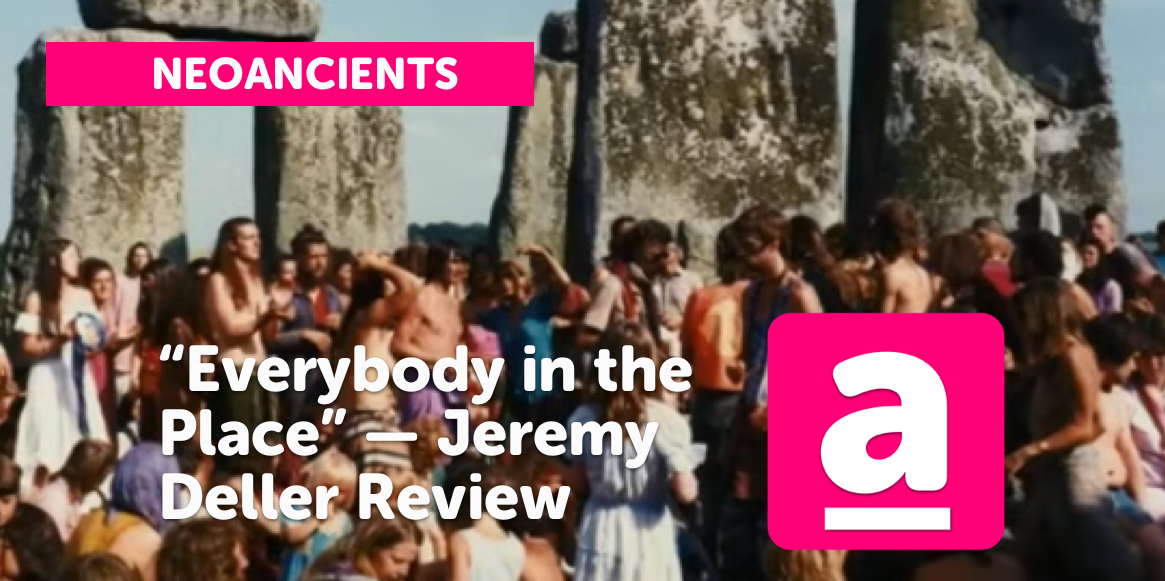
Review: Jeremy Deller by Siobáin Drury
IT WAS ALWAYS GOING TO BE A popular event in the NeoAncients programme, with a huge turn out from Stroud’s creative community, the audience was ‘standing room only’.
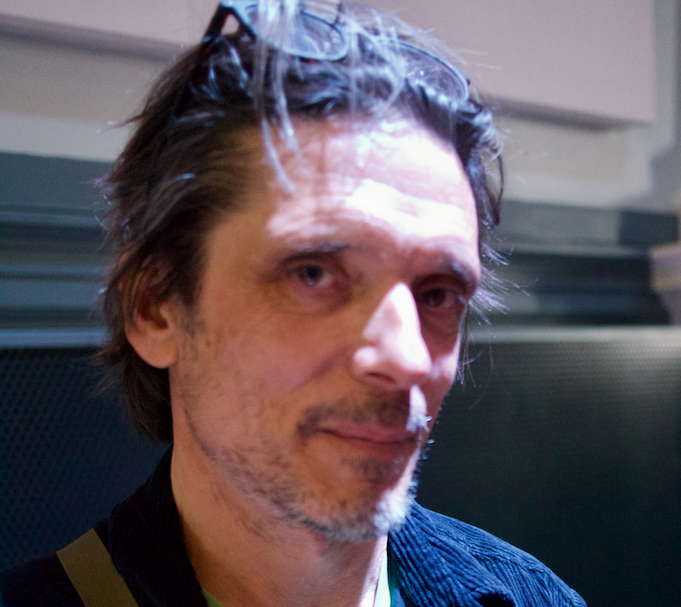
It was beautifully timed so that many of the Boss Morris crew who had just finished dancing in the square outside lined the back of the room with an affirmative presence of ‘Folk’.
Jeremy Deller has a way of speaking that makes you feel comfortable, interested, informed and entertained all at the same time. The discussion and presentation explored through excerpts of some of his work what it is to be British and amusingly, how it can almost all be boiled down to the Class System and the Weather.
Jeremy works with the public, creating events rather than tangible things, in some film footage we were introduced to an incredible character, Bruce Lacey artist, performer and eccentric who was hugely ahead of his time working from the 1950’s onwards in amongst other things: conceptual performance, creating robotic artworks, film collaborator and performer of shamanic pagan rituals.
It was giving countryside Wicker Man vibes and all the feels of weird Britain.
What I found most striking, was looking at this strange excerpt in the context of looking at Deller’s Film: ‘Everybody in the place - an Incomplete History of Britain 1984 -1992’
We were treated to some excerpts from the film where Jeremy explores the rave scene and the impact of that on British society. It really felt like an anarchic frenzy coming out of the oppression of the Thatcher Years, in the shadow of the Miners Strike, where the country had been sieged and the closest to a war zone that Britain had had seen for many years.
The idea of music production being claimed by the public (not just a handful of music producers) and taking young people out of the city into the countryside, felt — strangely — very British. It felt like the connection between ancient folk traditions like Harvest Worship & Celebration, Morris Dancing, Straw Bears, Apple tree wassailing and Maypole dancing, suddenly didn’t seem so far away from raves and what we have now – the more contained, ‘safe’ events: The British Summer Music festivals.
Deller concluded with an acknowledgement of the responsibility of the Arts, that there is this weighty expectation on Artists to Change the world, but he wants art to be ‘beguiling, trickery’, perhaps invoking some ‘transformative moments’, where you just get to stop and think.
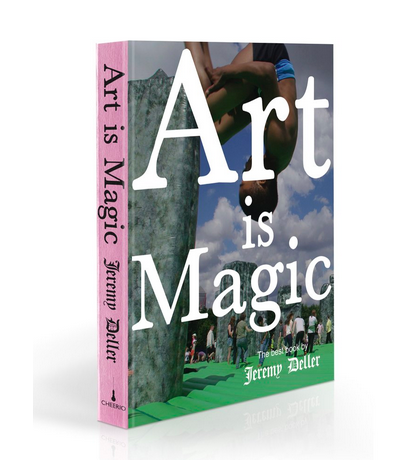
I left feeling that there was much more to being British and that our island culture was maybe more interesting, colourful and intriguing — and perhaps not that bland after all.
Siobáin Drury is an Artist, Therapist & Facilitator



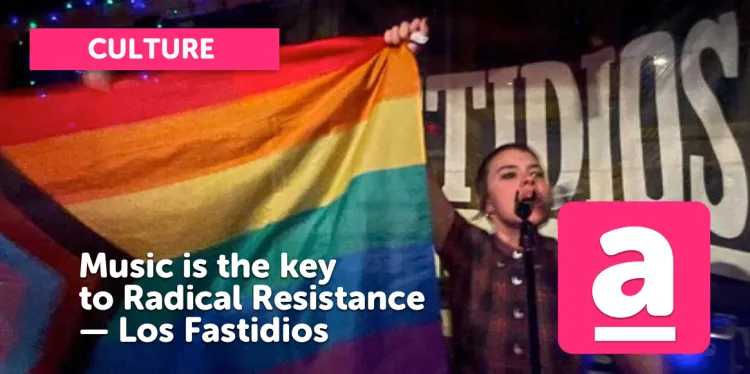
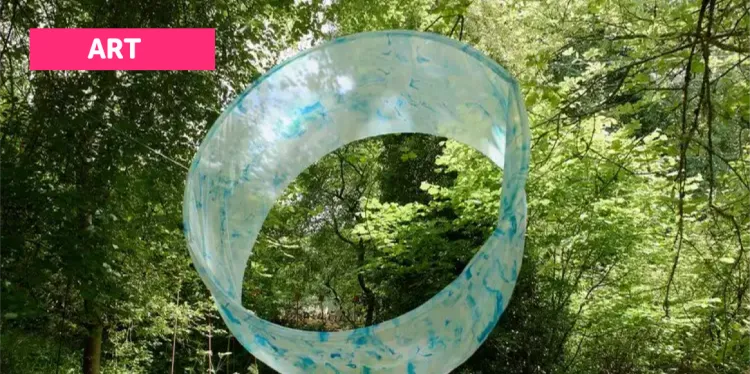
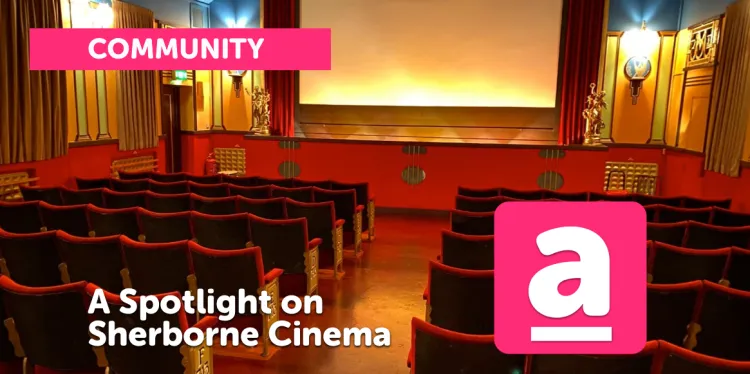
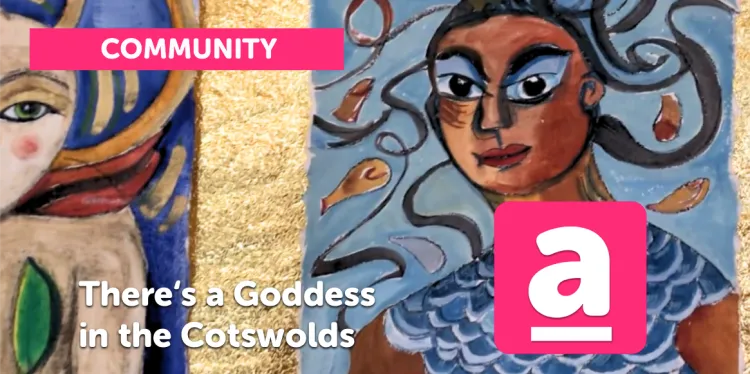
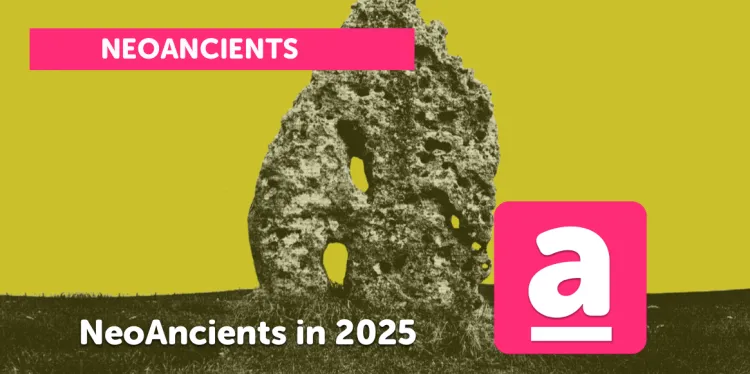
Member discussion